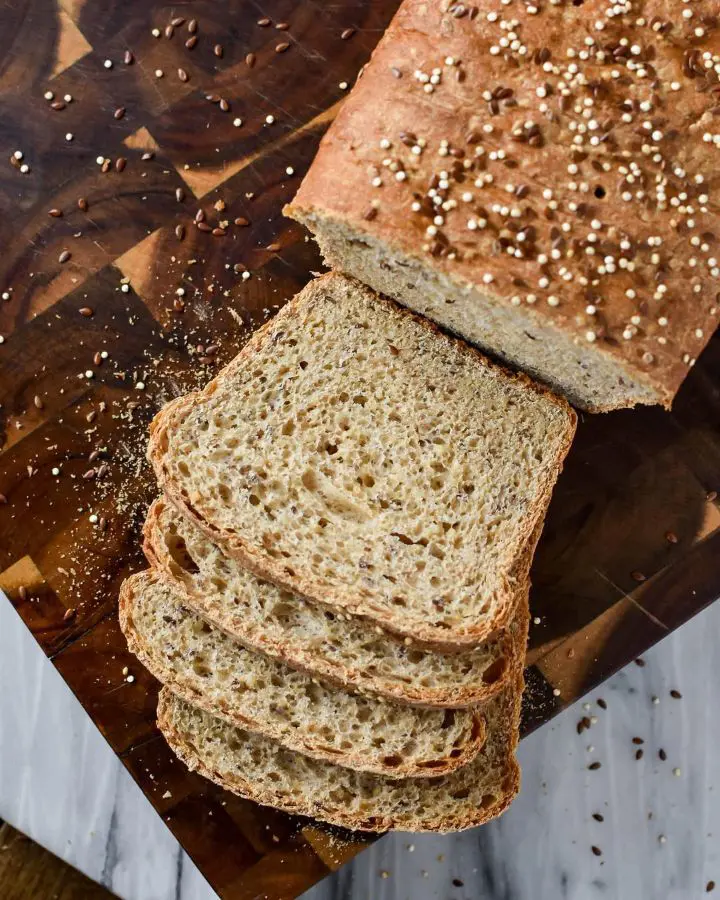15 Brain Foods That Will Help You Think Sharper and Stay Focused
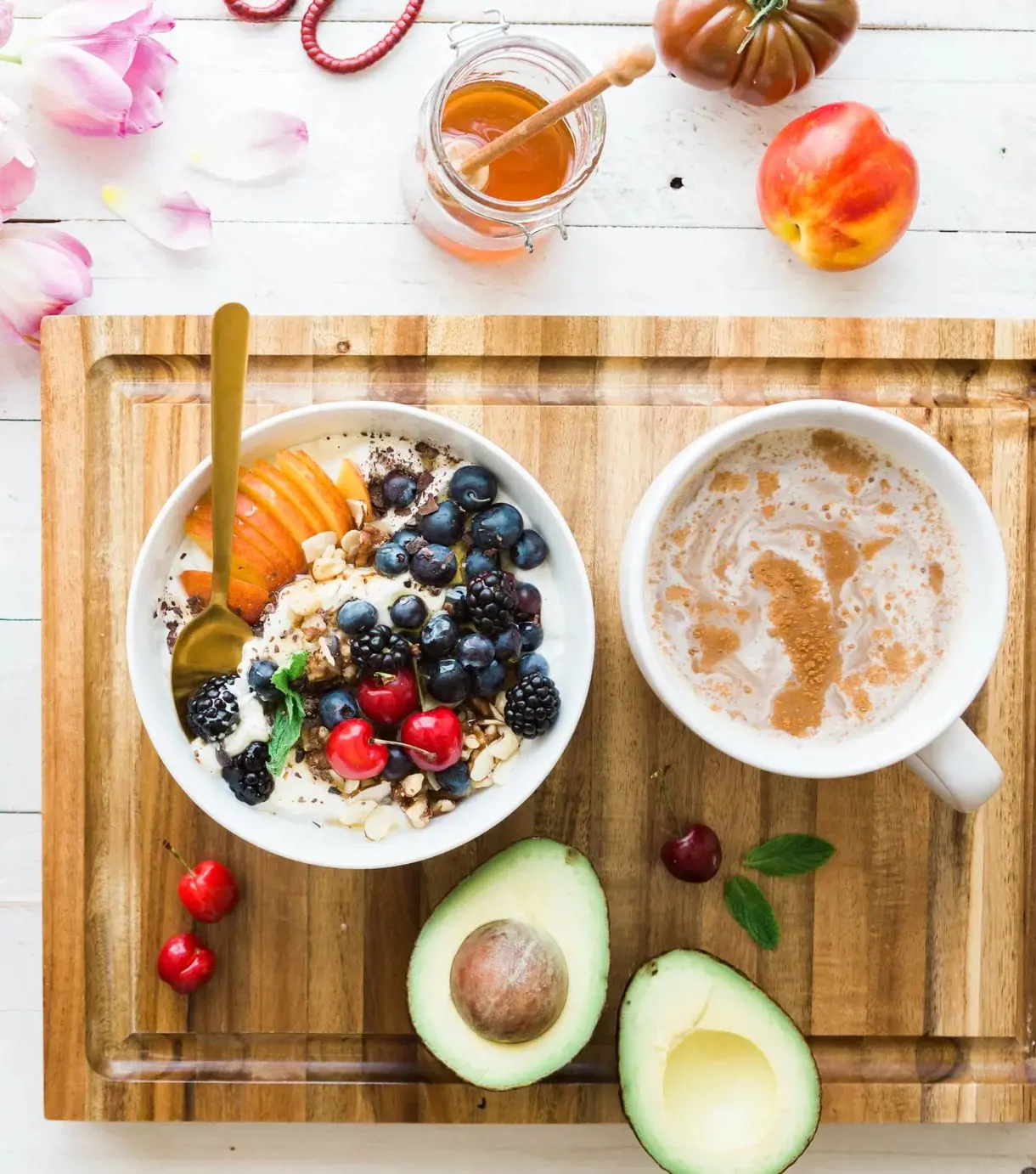
This post may contain affiliate links. If you make a purchase through links on our site, we may earn a commission.
Since the brain is the most important organ in your body, it is important that you take care of it through proper diet and lifestyle. There are certain foods that are known to protect brain cells and minimize the potential for brain diseases.
These foods can be eaten as a part of your daily calorie intake or through supplements. Brain foods are often rich in antioxidants, minerals, vitamins, and healthy fats. The following are 15 such brain foods that support your brain health:
1. Leafy Vegetables

Green vegetables are one of the most nutritious foods. They are rich in vitamin K and vitamin E, along with nutrients like folate and other antioxidants. Vitamin E found in spinach and kale is often associated with preventing cell damage during aging.
Beta carotene found in green vegetables is a precursor to vitamin A, which promotes brain health by aiding in memory retention. Vegetables with proven advantages to brain health are broccoli, spinach, and kale.
2. Salmon/Fatty Fish
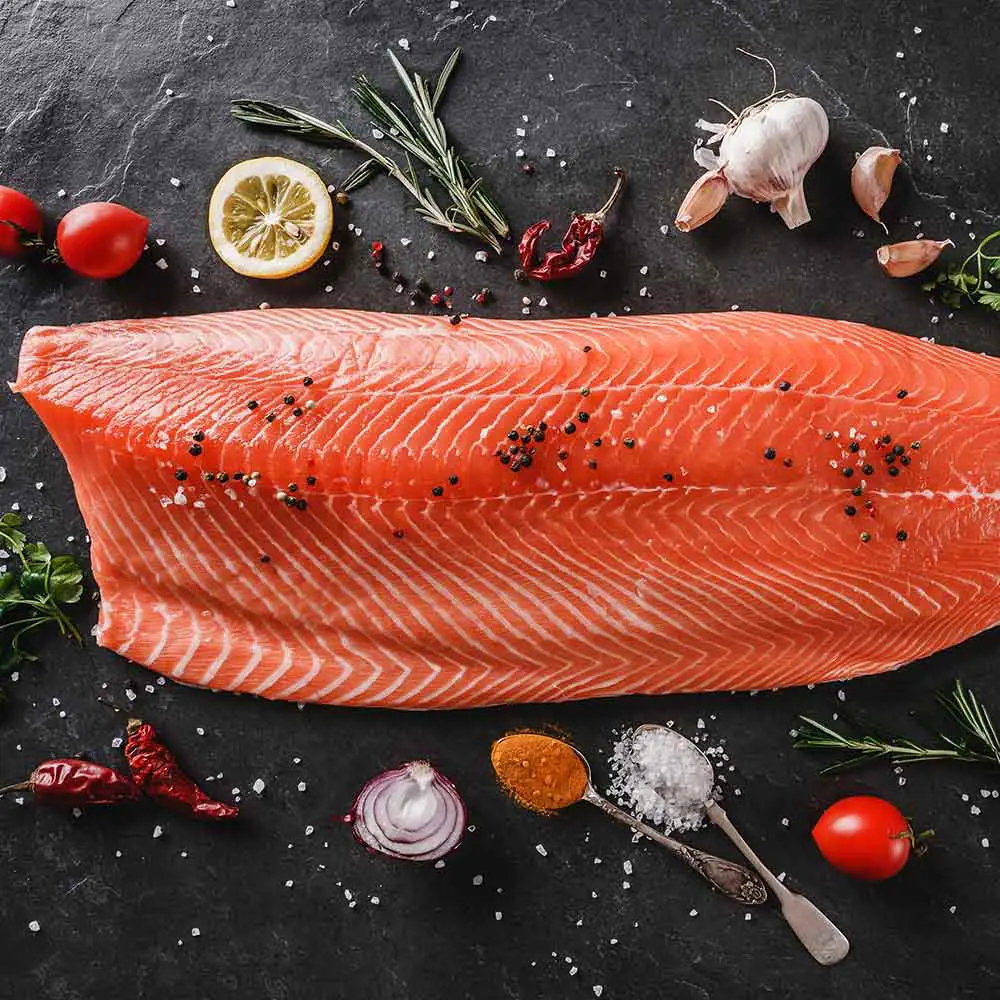
Salmon and similar fish rich in fat are great for boosting brain health. These are rich in protein but also pack in a lot of omega-3 fatty acids which are essential for brain development and overall function.
Along with salmon, other fishes like trout, sardines, albacore tuna and herring are also rich in these nutrients. Fish is easy to cook and tastes delicious which makes it easier to incorporate it into your diet.
3. Nuts
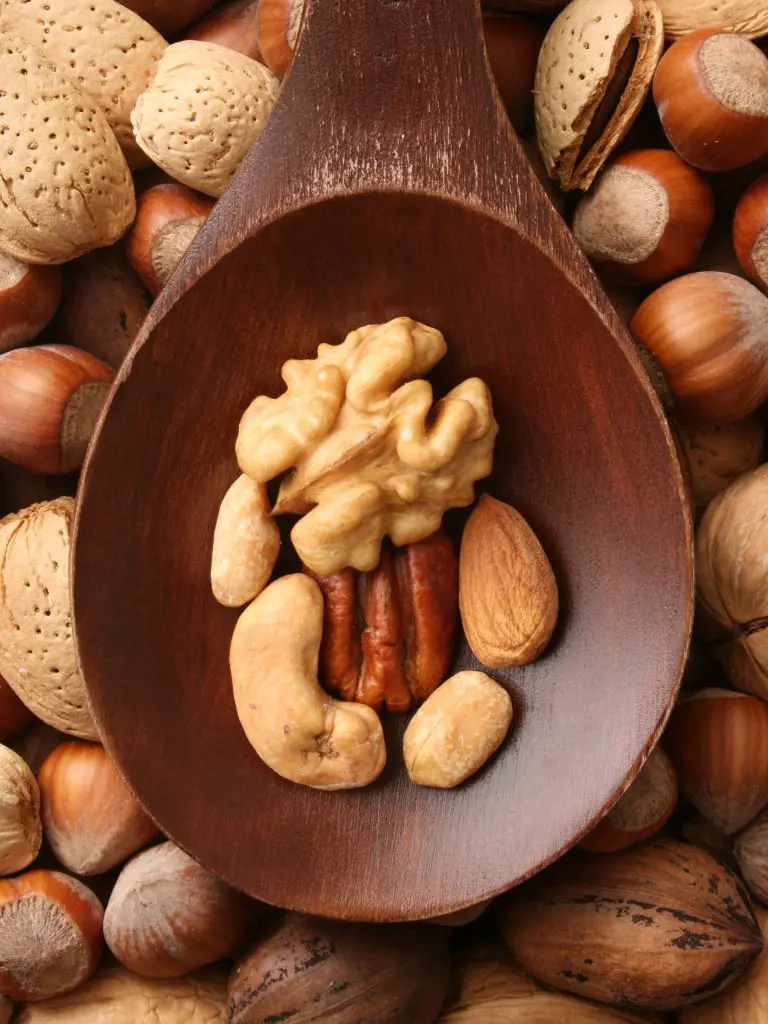
Dry nuts, especially walnuts and almonds, are associated with an increase in memory retention and a lower risk of cognitive decline. There have been several studies regarding the importance of nuts in the diet.
Walnuts are on the top of the pyramid with omega-3 essential fatty acids like alpha-linolenic acid that protect against cognitive decline during aging. These also reduce oxidative stress and inflammation when taken in appropriate amounts.
4. Dark Chocolate

This might come as a shock to most of you, but chocolate and cocoa powder are rich in flavonoids, caffeine, and antioxidants. So have naturally occurring chocolates instead of processed ones for health benefits.
Cocoa increases cerebral blood flow and supports oxygenation. However, one should opt for less processed chocolate with a high concentration of cocoa. Chocolate is also a mood booster which increases positive feelings and thoughts as well.
5. Avocados
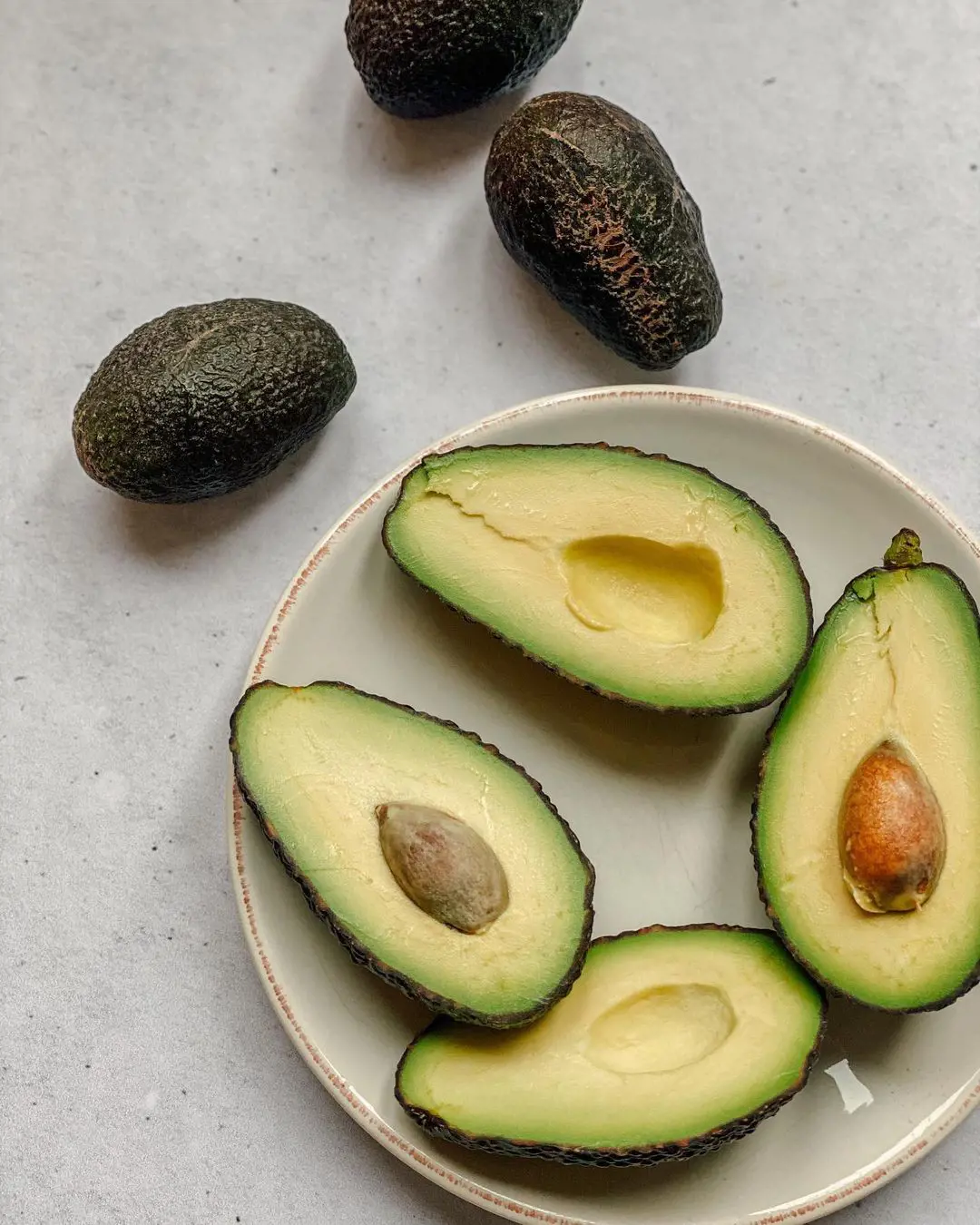
Avocados are extremely rich in fats, however, the fats are monosaturated fats which are one of the “good” kind. They also contain vitamin K and folate, both of which help in preventing blood clots and improve brain functions like preventing memory loss and increasing cognitive function.
They are known to have the most protein and lowest sugar in all the fruits which is another reason to start ingesting more avocados for breakfast or for lunch.
6. Eggs

Eggs, especially egg yolks, are packed with nutrients like vitamins B6 and B12, folate and choline. Eggs get a bad name because of their fat content but turns out they are also rich in “good” fat.
Egg york is rich in choline, which is known to promote fetal brain development in pregnant women. It also helps break down bethane, which is the precursor to hormones related to feelings of well-being.
7. Bone Broth
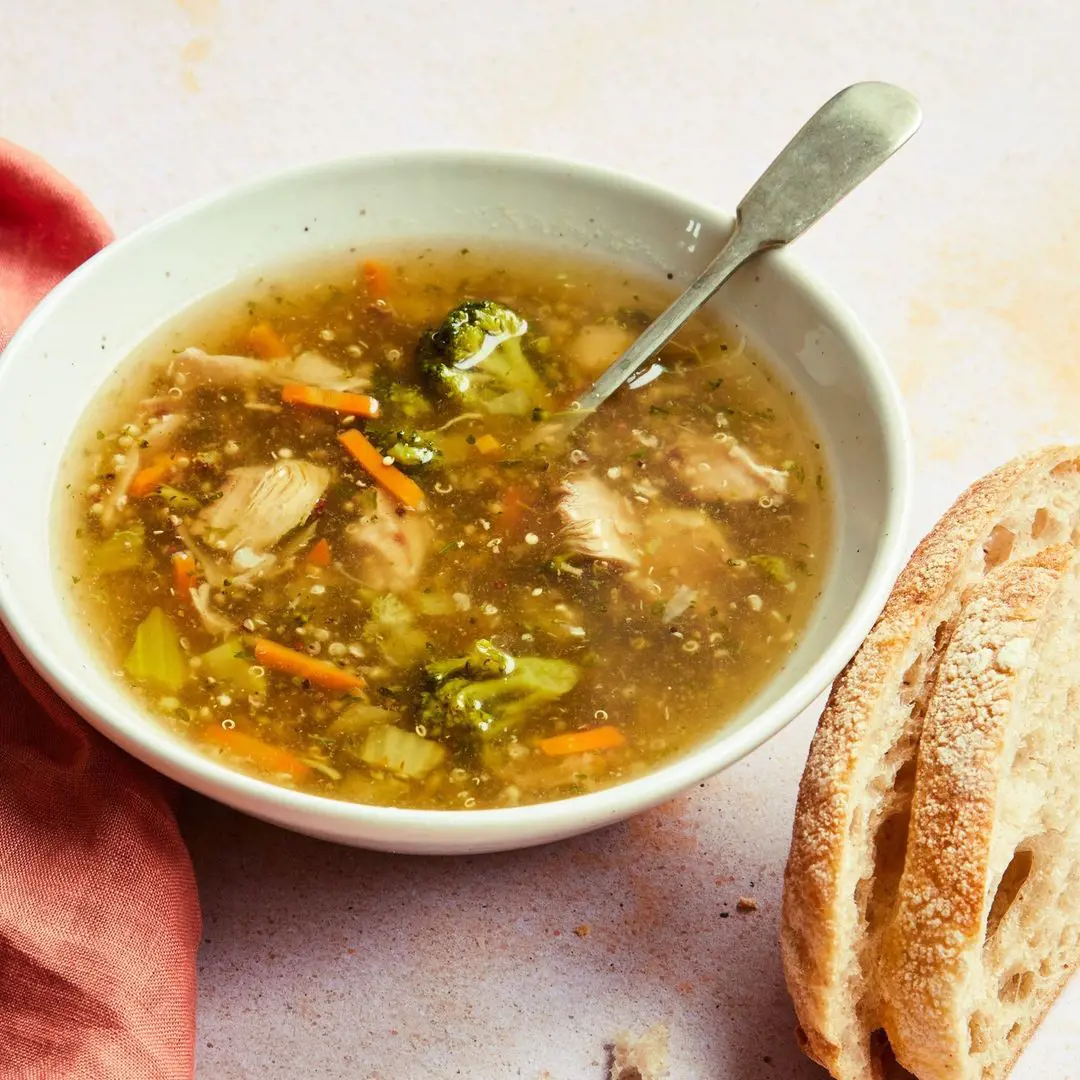
This ancient food is actually important to promote the immunity system. It improves the gut, strengthens joints and also protects against food allergies. You can even add green veggies and spices of your choice to make it more delectable.
Bone broth is rich in collagen, which prevents leaky gut, and helps improve memory and overall healing of the body. Many doctors recommend bone broth to support the immune system after a critical surgery or an accident.
8. Turmeric
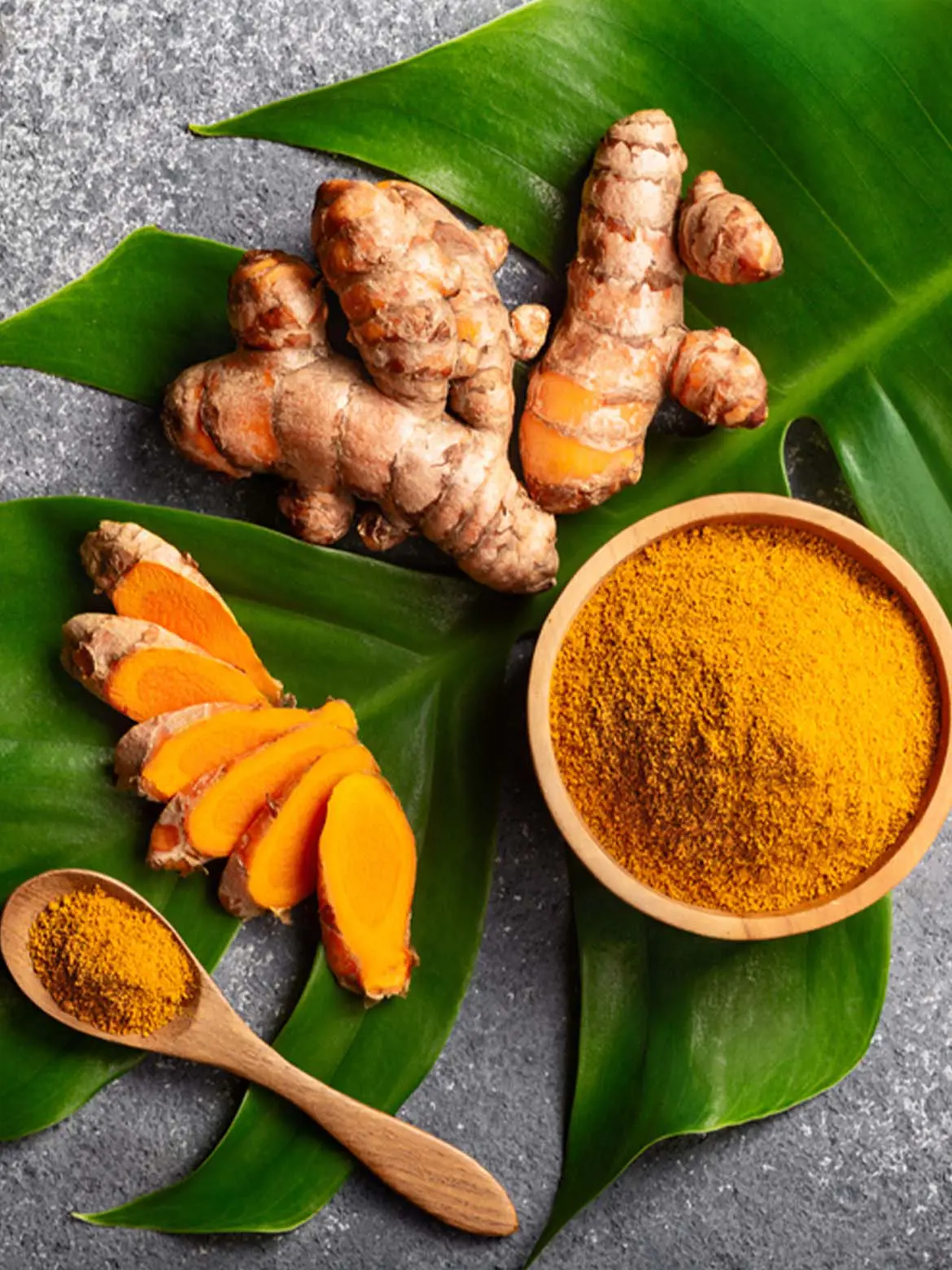
Traditionally, turmeric has been used in several cuisines throughout the world as a result of its healing properties. Turmeric contains curcumin, which is one of the most powerful and natural anti-inflammatory agents.
Daily intake of small amounts of turmeric in your diet can help your brain health as well the immune system. It is extremely easy to incorporate into your diet as it pairs well with curry powder and can be used along with other spices.
9. Herbs
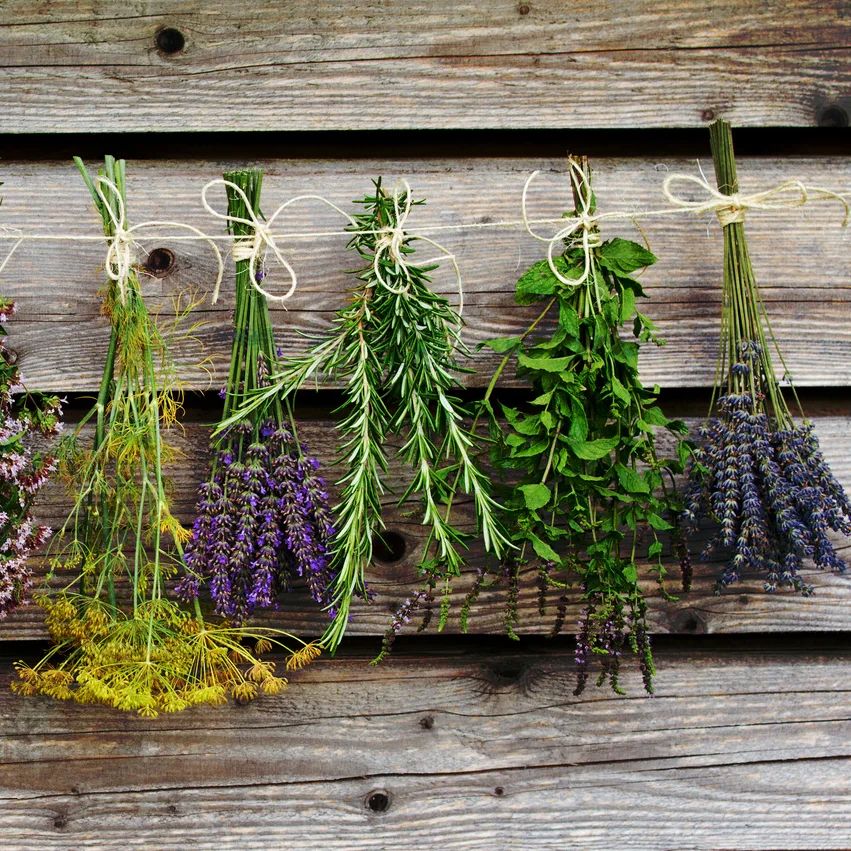
Aromatic herbs like rosemary, basil, mint and parsley are rich in antioxidants and anti-inflammatory agents. The agents help protect against the signs of aging and brain cell degeneration.
Rosemary contains carnosic acid, which protects the brain against neurodegeneration. Herbs are easier to introduce into your food and can make it more flavorful and nutritious. Most herbs are used as garnish as cooking might result in loss of some nutrients.
10. Blueberries
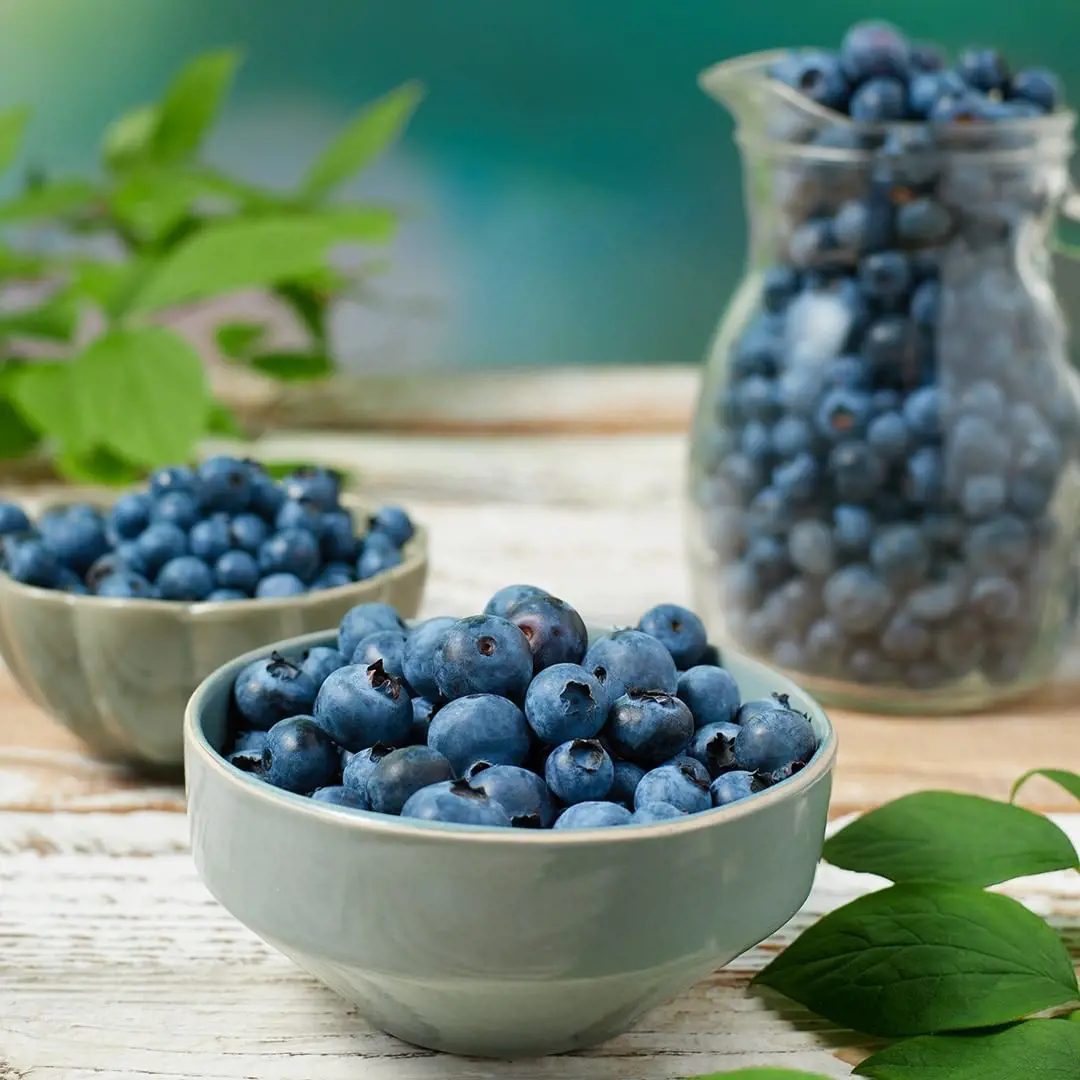
Even though all berries are nutritious and good for your health, blueberries stand apart due to the high level of gallic acid. Gallic acid protects the brain against cognitive stress and inflammation.
The antioxidants and anthocyanins also protect against neurodegenerative diseases and brain aging. The sweet candy-like taste in the form of a nutritious food is ideal for kids. Blueberry has become a flavor on its own with its addition to sweet and savory items.
11. Coffee

When taken in appropriate amounts, coffee promotes brain health and increases the feeling of well-being. It is rich in caffeine and antioxidants, both of which work wonders for brain health.
The benefits of coffee come in three-fold: keeping the brain active by blocking adenosine, releasing neurotransmitters like dopamine, and short-term improvements in alertness and concentration. However, it is not recommended to have coffee in large amounts as it might affect the natural working mechanism of the brain.
12. Fermented Foods
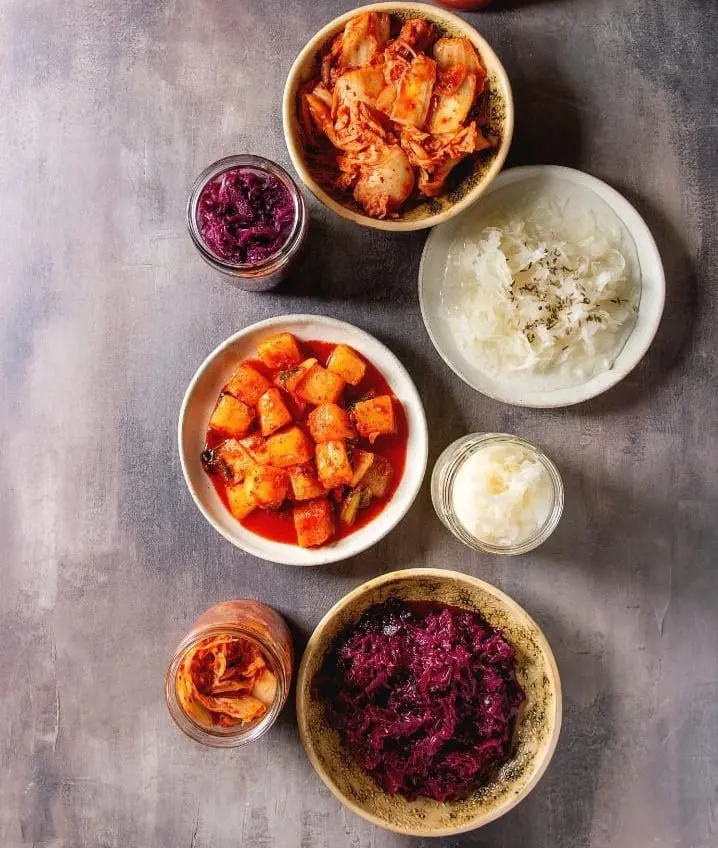
Food cured with yeast and bacteria is great for gut health as well as increased brain activity. Foods like yogurt and kimchi also help in relieving anxiety. Since most of these microorganisms are edible, they carry nutrition for the gut as well as overall body health.
One thing to note is that fermented foods only carry these nutrients when consumed without cooking. Heat tends to kill microorganisms, which defeats the purpose. Instead, add fresh yogurt to your diet as a snack.
13. Pumpkin Seeds
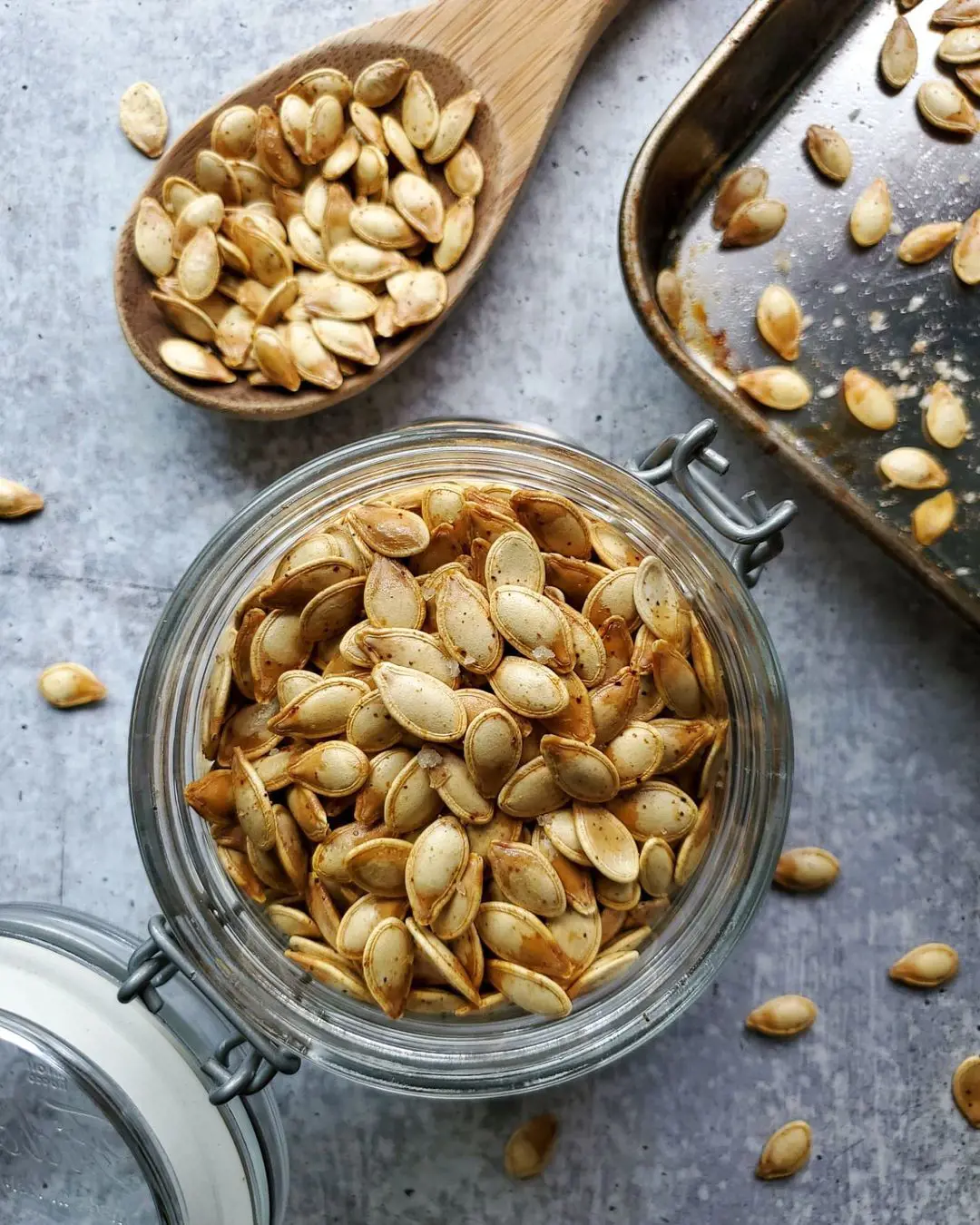
As we approach the fall season, there is another way to enjoy pumpkin while promoting a healthy brain. These seeds are rich in micronutrients like zinc, magnesium, and iron, as well as other antioxidants.
These help prevent free-radical damage in the brain and promote learning, memory, and control of nerve signalling. Either add pumpkin seeds to your salads and healthy breakfast bowl, or you can have them as roasted as late-night snacks. Either way, they are good for your brain.
14. Coconut Oil
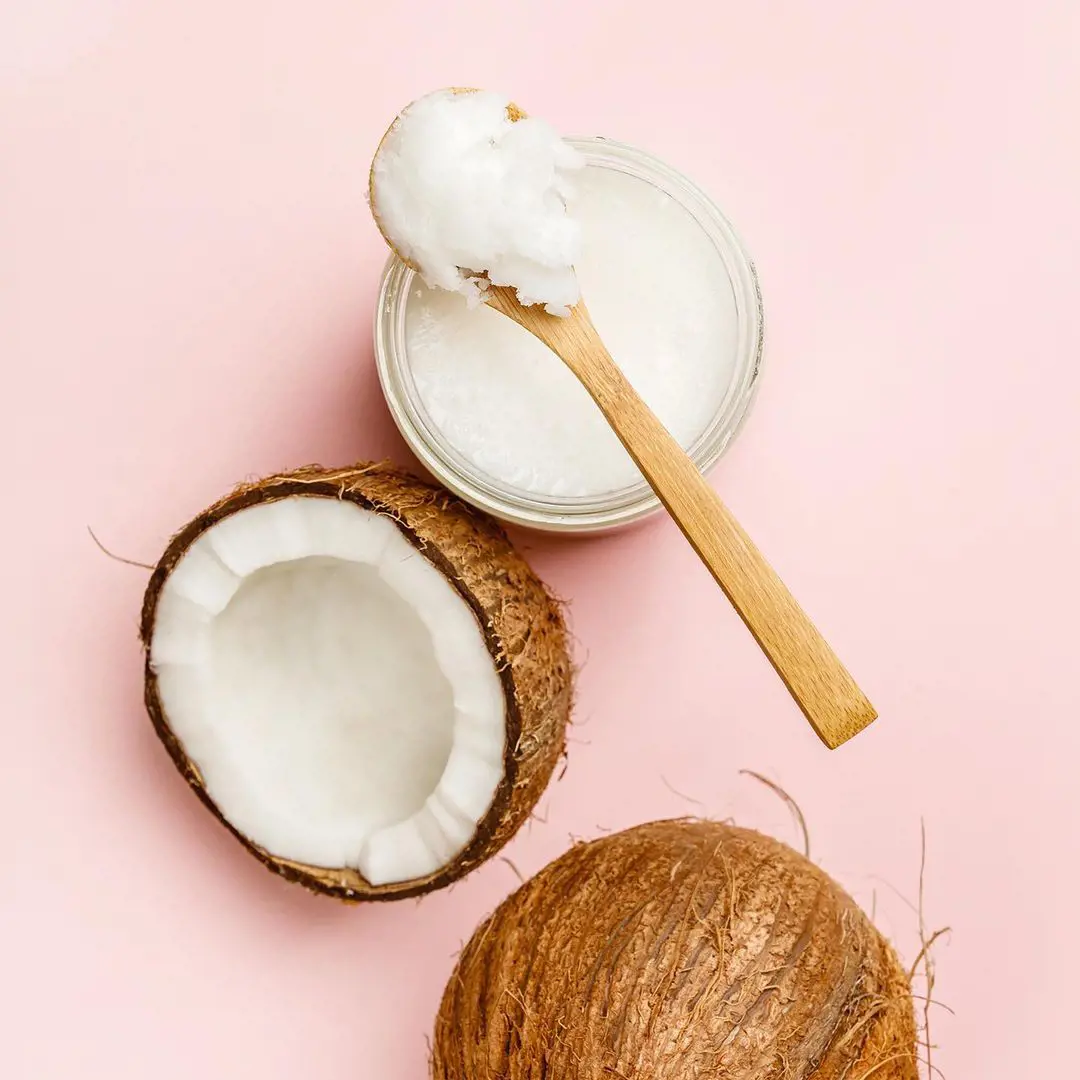
Coconut oil often makes its way into the ketogenic diet due to the increased concentration of lauric acid, which lowers the risk of heart disease. Nevertheless, its benefits are not only limited to the heart.
The keto diet promotes ketone bodies, which have a neuroprotective function against aging brain cells and reduce the risk of Alzheimer's. Coconut oil is rich in monosaturated fats. These fats are healthier as compared to vegetable oil and help maintain a stable blood pressure.
15. Green Tea

Like coffee, green tea also contains caffeine, which has its own brain-promoting nutrients. In addition, it also contains L-theanine, which is an amino acid that promotes the activity of the neurotransmitter GABA.
It reduces anxiety and makes you feel relaxed. It also helps balance out the stimulating effects of caffeine. The tea leaves are natural, with amino acids and relaxants, helping you keep your concentration.
Recent posts
Nutrition
Nutrition
Liquorice Root: Benefits And Uses
You can spell it liquorice or licorice; this herb or root has been in use for centuries in most medicinal applications, as a natural sweetener and to enhance flavors. Regarding its origins, it comes from the root of the "Glycyrrhiza galbre" plant and...
Nutrition
Is Ramen Healthy? Here's What Dietician Says
Ramen is a traditional dish from Japan that in the recent era has become a global phenomenon. This beloved and comforting soupy dish however has been questioned, when it comes to its nutrition. Best for those looking for a quick (instant), affo...
Nutrition
Is Wheat Bread Healthy? An Expert Picks
Wheat bread has been proudly celebrated as a dietary staple in countless homes for as long as people can remember. It has earned a reputation as a healthier alternative to white or any other processed bread, that no one can deny. Because of its evide...
Nutrition
Is Sausages Healthy? Nutrition And Health Benefits
Sausages are tasty in an addictive way, making them one of the most popular foods worldwide. You may have enjoyed this convenient food often, whether on a bun with mustard or grilled on a barbecue, the simple preparation methods are what makes its co...
Nutrition
Ice Cream Benefits: Nutrition, Potential Risks And Best Choices
Not gonna lie, ice cream is often taken as a guilty pleasure treat, a delightful treat that takes you to cloud nine but is frequently associated with negative health implications. Nonetheless, the happy news is when devoured mindfully, ice cream can ...
Nutrition
Is Sushi Healthy? Some Good and Bad Choices
Sushi is a wholesome meal and a beloved Japanese dish. The traditional sushi recipe is a simple combination of fresh fish, vegetables, and vinegared rice which is popular for its minimalistic preparation. As with any food, there are factors that dete...


